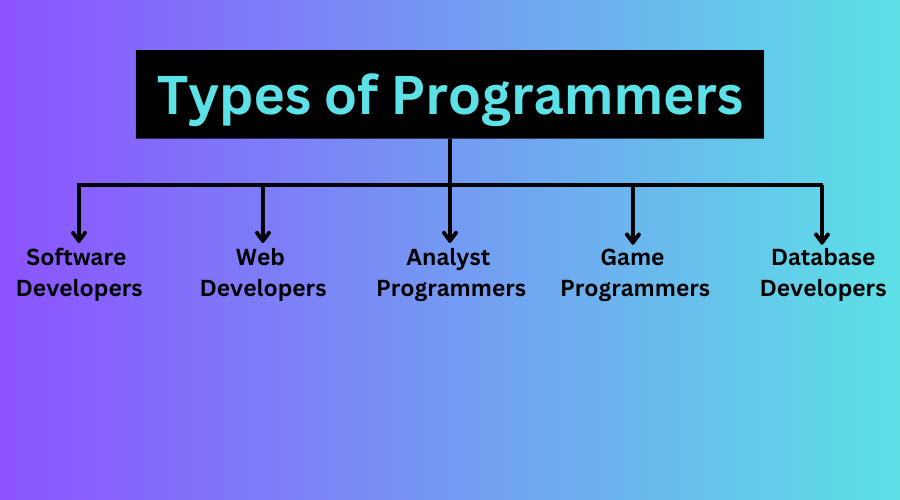
How To Increase Efficiency In Your Development Team
If you want to increase profitability and make your clients happier, you need your development team to work more efficiently. An efficient team will be able to produce higher quality work in a smaller number of hours, resulting in faster progress and lower costs.
Efficient developers will also be happier, achieving flow and feeling in control of their own work.
The question is, how can you increase efficiency in a development team?
Hire The Right People
Your first job is hiring the right people. If you bring the right people to your team, they’ll be naturally capable of working at a high level of efficiency.
Look for people who are intrinsically motivated; they want to work hard and write quality code because they enjoy it or because they think it’s important, rather than because of some external reward.
You’ll also want to look for people who are self-disciplined and capable of working independently.
Use The Right Tools
You can greatly improve efficiency by giving your team access to the right tools. This starts with good hardware; make sure your team has access to devices that allow them to work quickly and easily. Not only will this increase output and speed, but it will also improve morale.
You should also invest in the right software tools. For example, Slash GraphGL is designed to make it easier to build GraphQL apps, with no tables and no DB management to slow you down. The right software tools can make it much easier to work and improve development speed.
Develop A Strong Culture
Next, try to foster a strong company culture. Emphasize values like teamwork and collaboration, and encourage your developers to think of themselves as members of the same team, rather than as completely independent individuals.
Polish the core values of your brand, and make sure they stay top of mind with your team members.
Encourage Collaboration And Bonds
You can also improve efficiency by encouraging your team members to develop bonds with one another, and support each other in their work.
This lends itself to higher rates of production as well as higher employee morale—which in turn, leads to higher productivity. Consider hosting team building events, or occasionally taking the team out for lunch to make this happen.
Facilitate Autonomy And Flexibility
People work most efficiently in different ways and in different circumstances. Some prefer working early in the morning, while others do better late at night.
The way to get the most out of your team is to imbue them with more autonomy, and allow them more flexibility to choose the working style that works best for them.
Let your team members set their own hours, direct their own work, and function autonomously whenever possible; they’ll gravitate toward the settings and conditions that allow them to do their best.
Allow Plenty Of Breaks
It seems like pushing through breaks and investing more raw hours is the best way to get things done, but the opposite may be true. People who take frequent breaks tend to be more productive than their counterparts.
Encourage your development team members to take breaks regularly throughout the day, and allow them to take a vacation (or two) every year. You’ll be amazed at what a difference it can make in output.
Institute Goal- And Objective-Centric Frameworks
Your directives should be centered on specific goals or objectives, rather than number of hours spent. For example, it’s much better to give a team member a goal like “finish this project by Friday” than to force them to work 9 to 5, Monday through Friday.
With end goals in mind, your team will be capable of achieving them more efficiently.
Give Feedback
Take the time to give feedback to your team members. Are there new tools or techniques they could use to work more efficiently? Do you notice them dropping the ball on certain tasks? What individual strengths and weaknesses can you call out? Specific feedback can help your team grow.
Collect Feedback
Similarly, it’s important to collect feedback. What do your employees think of this team, and of these working conditions? Do they have recommendations for how you can improve? Do they have requests moving forward? This is a great way to improve dev team efficiency consistently.
Tailor Your Approach To Individuals
While it’s good to think of your team as a team, it’s also important to treat individuals as individuals. Provide guidance, support, and direction to individual team members as needed, and be sure to pay attention to their individual strengths and weaknesses.
If you can follow all these strategies, you should have no trouble boosting the efficiency of your development team. Treat this as a work in progress, constantly adapting and changing up your strategies, and you’ll achieve consistent ongoing improvement.

Why is Mobile Technology Important?

How Digital Inclusion Can Boost Workplace Productivity

Android Secret Codes - Best List of USSD, Dialer, MMI Code

5 Best Alternative App Stores For Listing iOS And Android App

Top 7 Animation Companies in Atlanta

User Interface Design Guidelines: 10 Essential Rules To Follow

Top 7 Advertising Agencies in Jacksonville

5 Types of Programmers: A Comprehensive Look

7 Excellent Examples of Utility Software
